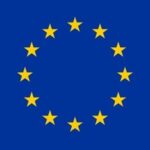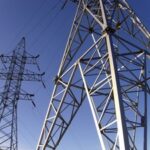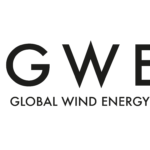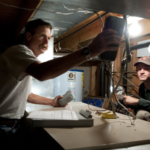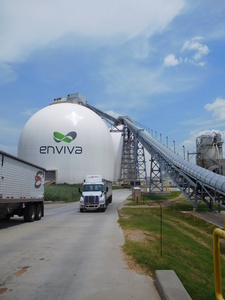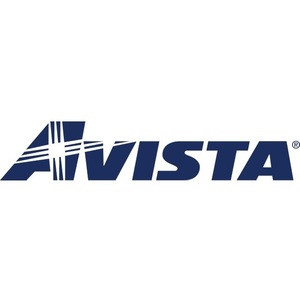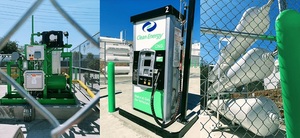MEPs approve SAF mandate, limit eligible feedstocks
Energy Disrupter
ADVERTISEMENT
Members of the European Parliament (MEPs) on Sept. 13 approved a new law that ramps up requirements for sustainable aviation fuel (SAF) within the European Union but sets limits on what types of feedstocks that fuel can be made from.
MEPs in July 2022 adopted draft rules for the law, known as the ReFuelEU initiative. ReFuelEU is part of the Fit for 55 package, which is the European Union’s plan to reduce greenhouse gas (GHG) emissions by at least 55 percent by 2030 when compared to a 1990 baseline and to reach net-zero by 2050.
The European Parliament in April 2023 announced that a political agreement had been reached on the ReFuelEU proposal. That agreement has now been formally adopted by the MEPs.
The new ReFuelEU aviation rules require EU airports and fuel suppliers to ensure that at least 2 percent of aviation fuels are “green” by 2025. The requirement ramps up to 6 percent in 2030, 20 percent in 2035, 34 percent in 2040, 42 percent in 2045, and 70 percent in 2050. The rules also require a proportion of the fuel mix to be comprised of synthetic fuels, such as e-kerosene. The requirement for synthetic fuels is set at 1.2 percent in 2030, 2 percent in 2032, 5 percent in 2035 and progressively reaches 35 percent in 2050.
The ReFuelEU rules defines SAF to include synthetic fuels, certain biofuels produced from agricultural or forestry residues, algae, bio-waste, used cooking oil or certain animal fats. Recycled jet fuels produced from waste gasses and waste plastic are also considered “green.” In addition, renewable hydrogen is an eligible fuel under the program. The rules prevent SAF produced from feed and food crop-based feedstocks, including palm and soy materials, from participating in the program. The European Parliament said these crop-based biofuels cannot be classified as “green” under the ReFuelEU initiative because they don’t meet sustainability criteria.
In addition to setting SAF mandates, the ReFuelEU initiative also creates a new flight labeling program. Starting in 2025, there will be an EU label for the performance of flights. Airlines will be able to market their flights with a label indicating the expected carbon footprint per passenger and the expected CO2 efficiency per kilometer. The label program will help passengers compare the environmental performance of flights operated by different companies on the same route.
MEPs adopted the ReFuelEU rules by a vote of 518 to 97, with eight abstentions.
One day prior the ReFuelEU vote, MEPs voted to update the EU’s Renewable Energy Directive (RED), raising the share of renewables in the EUs final energy consumption to 42.5 percent by 2030. Member states, however, should strive to achieve 45 percent. The legislation to update the RED also speeds up procedures to grant permits for new renewable energy power plants, or to adapt existing ones. In the transportation sector, renewables deployment should lead to a 14.5 percent reduction by 2030 in GHG emissions by using a greater share of advanced biofuels and a more ambitious quota for renewable fuels of non-biological origin, such as hydrogen. The RED rules were adopted by a vote of 470 to 120 with 40 abstentions.
Neste has welcomed passage of the ReFuelEU rules and updated RED. “As a leading provider of renewable diesel and sustainable aviation fuel, Neste particularly supports targets for the transport sector and the recognition of renewable liquid fuels as a way of delivering immediate emission reductions,” says Neste’s Minna Aila, executive vice president of sustainability and corporate affairs.
“As well as increasing emission reduction targets, both pieces of legislation create demand certainty, which is needed to attract investments towards the production of renewable fuels, while remaining consistent on the eligibility of raw materials permitted in sustainable biofuels.
“Demand for renewable energy is only set to grow as we strive to meet our climate goals,” Aila added. “We are better equipped to meet this demand if we have consistency in our legislation. Consistency allows stakeholders across the value chain to invest in the creation and provision of greater volumes of renewable products over a longer term and continue research and development in this field.”


